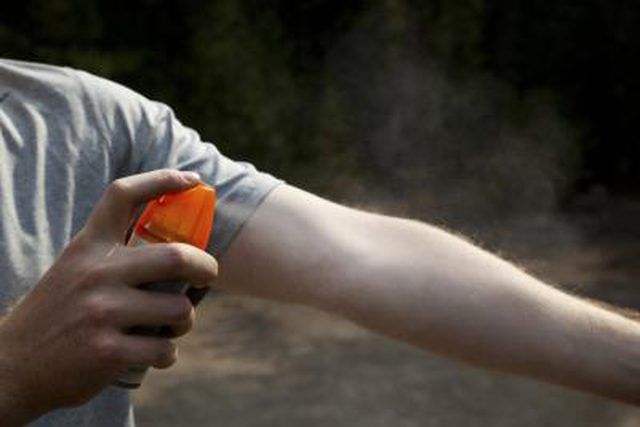Bulbs
Flower Basics
Flower Beds & Specialty Gardens
Flower Garden
Garden Furniture
Garden Gnomes
Garden Seeds
Garden Sheds
Garden Statues
Garden Tools & Supplies
Gardening Basics
Green & Organic
Groundcovers & Vines
Growing Annuals
Growing Basil
Growing Beans
Growing Berries
Growing Blueberries
Growing Cactus
Growing Corn
Growing Cotton
Growing Edibles
Growing Flowers
Growing Garlic
Growing Grapes
Growing Grass
Growing Herbs
Growing Jasmine
Growing Mint
Growing Mushrooms
Orchids
Growing Peanuts
Growing Perennials
Growing Plants
Growing Rosemary
Growing Roses
Growing Strawberries
Growing Sunflowers
Growing Thyme
Growing Tomatoes
Growing Tulips
Growing Vegetables
Herb Basics
Herb Garden
Indoor Growing
Landscaping Basics
Landscaping Patios
Landscaping Plants
Landscaping Shrubs
Landscaping Trees
Landscaping Walks & Pathways
Lawn Basics
Lawn Maintenance
Lawn Mowers
Lawn Ornaments
Lawn Planting
Lawn Tools
Outdoor Growing
Overall Landscape Planning
Pests, Weeds & Problems
Plant Basics
Rock Garden
Rose Garden
Shrubs
Soil
Specialty Gardens
Trees
Vegetable Garden
Yard Maintenance
Using Isopropyl Alcohol As a Spray for Bugs
Using Isopropyl Alcohol As a Spray for Bugs. A versatile liquid, isopropyl alcohol, or rubbing alcohol, can disinfect first-aid equipment, sanitize your hands or clean oily residue off household surfaces. It’s also helpful against some pests on indoor and outdoor plants. Isopropyl alcohol is a less toxic alternative to some commercial...

A versatile liquid, isopropyl alcohol, or rubbing alcohol, can disinfect first-aid equipment, sanitize your hands or clean oily residue off household surfaces. Itís also helpful against some pests on indoor and outdoor plants. Isopropyl alcohol is a less toxic alternative to some commercial insecticides but still requires careful use to prevent human and plant injuries.
Target Insects
Aphids and spider mites cause yellow spotting on leaves, known as stippling, with their piercing, sap-sucking mouth parts. These tiny creatures hide on the underside of the leaves of many kinds of plants. Mealybugs hide themselves under a waxy white secretion while they feed on greenhouse and citrus plants. Scale insects are small, legless, disk-shaped insects that feed under a protective cover while on trees and shrubs. All of these pests are vulnerable to isopropyl alcohol sprays.
Insecticide Action
Isopropyl alcohol works on contact against aphids, spider mites, mealybugs and scale insects. The outer surface, or cuticle, of these creatures is coated with a water-repelling lipid or wax layer that protects them from dehydration while keeping out unwanted material. Spraying or coating the pests with isopropyl alcohol dissolves this protective coating, resulting in fatality.
Application Method
Spraying isopropyl alcohol to rid a plant of pests may not be necessary or possible in some situations. If a pest infestation is small, particularly on a houseplant, then apply undiluted isopropyl alcohol onto a cotton swab or small toothbrush, and use the swab or toothbrush to wipe or brush the bugs off the plant's stems and leaves. Repeat the application in seven days to eliminate the next generation of pests. When wiping a plant is impractical, equal portions of isopropyl alcohol and water can be mixed in a spray bottle and the resulting solution sprayed on the pests infesting a plant. Alternatively, mix isopropyl alcohol with a few drops of liquid dish soap, and use that solution as a spray. Apply undiluted isopropyl alcohol or an isopropyl alcohol solution only under cool, overcast or evening conditions to avoid burning a plant's surface; the conditions should be windless, too. Wash off the plant with water a few hours after the treatment, and repeat the application weekly until the pests are eliminated.
Safety Precautions
Plant damage from isopropyl alcohol is not usually evident for a few days after an application. Test a plant's sensitivity by applying isopropyl alcohol or an isopropyl alcohol solution to a small area of the plant before the full application of the product. Because isopropyl alcohol is flammable, do not spray or store the product near heat sources or open flames. It is also an eye irritant and a minor skin irritant. Wash skin with soapy water after contact with isopropyl alcohol. Follow first-aid and safety measures indicated by the manufacturer on the product's label or package.